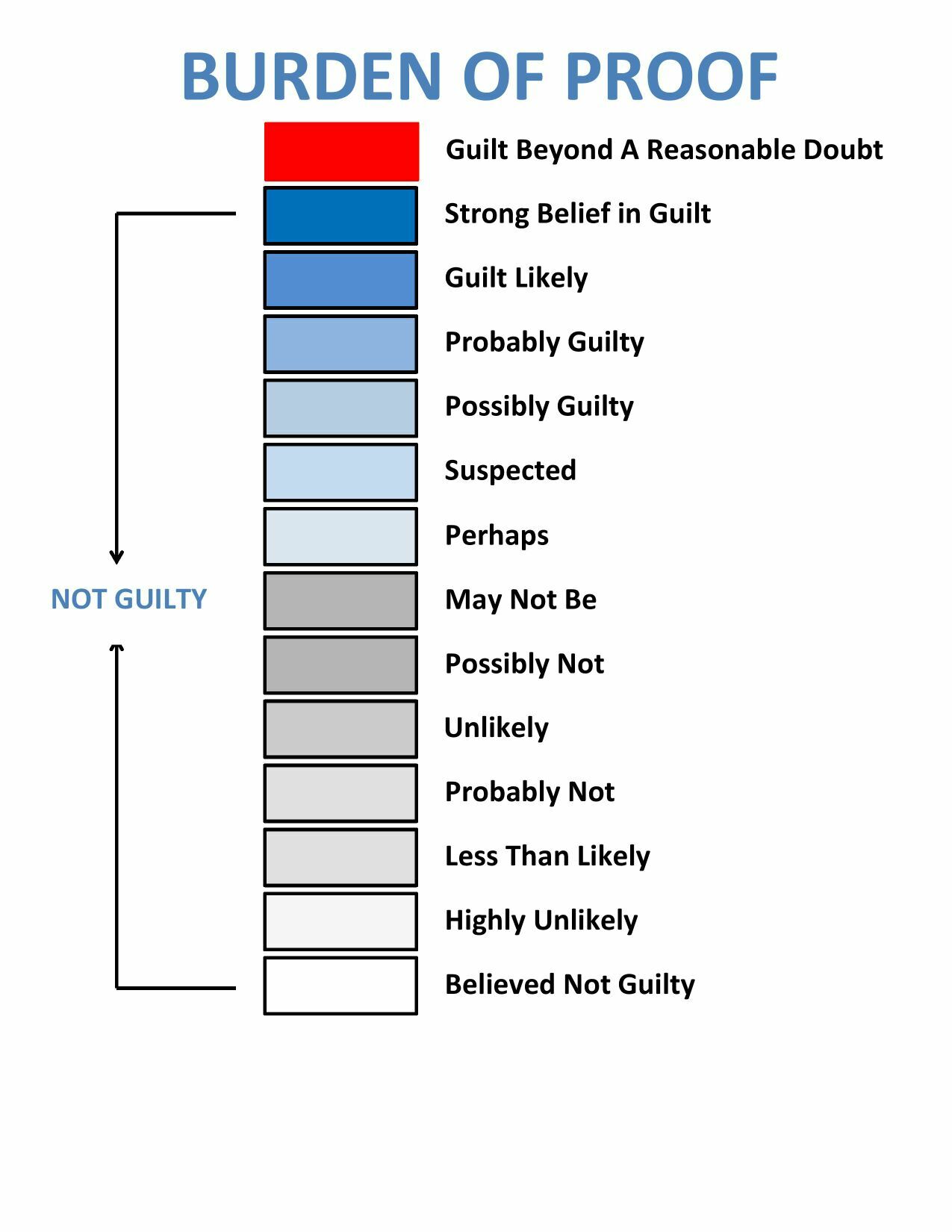You're probably aware that the prosecution has the job of proving your client's a murderer. They have what the law calls the "burden of proof" - they must prove beyond a reasonable doubt that your client is a killer. Your job as a defense attorney is just to show that they don't meet that burden.
That's why, as a defense lawyer, you can theoretically get your client acquitted even if you don't present any evidence. Perhaps your argument is just that the state's case is entirely circumstantial. Even though your client had a strong motive to kill the victim, expressed a strong desire to kill him, and was the last person seen with him before his body turned up the next day, because there's no physical evidence connecting your client to the murder, who's to say the victim wasn't attacked by a random stranger? This may not be a very persuasive argument, but it's one you as a defense lawyer are allowed to make, and a jury may decide the prosecution loses on the basis of it.
The Burden of Proof and Weaken Questions
How does this relate to the LSAT?
Remember who bears the burden of proof in a logical reasoning argument - the author. It's the author's burden to prove their conclusion. This concept is particularly important to Weaken questions.
Sometimes students are under the impression that when we are asked to weaken or undermine the reasoning of an argument, a good strategy is to look for an answer that "helps show the author's conclusion is false". Although this may work on some questions, it won't work on many others.
For example, let's say we get the following argument:
Anyone who succeeds in politics must be corrupt or exceptionally charismatic. Since we know that Nancy is very successful in politics, we know that she's corrupt.
Would the following information weaken the argument?
Fact: Nancy is exceptionally charismatic.
Some people would look at this and think, "But couldn't she be both charismatic and corrupt? So I don't think this weakens the argument since it doesn't really make it less likely that she's corrupt."
That response ignores the burden of proof. Our job here isn't to show that Nancy is not corrupt. Our job is to show that the author didn't meet their burden to prove that she is corrupt.
The first premise says that political success requires being corrupt OR exceptional charisma - if she has the exceptional charisma, then it's possible that she's a political success without being corrupt. So we would absolutely weaken the author's argument by showing Nancy is exceptionally charismatic, even though that fact doesn't prove she's NOT corrupt.
Another Example
After Mr. Jones implemented a policy banning use of laptops during his class, the average grade of his students on his weekly homework assignments improved significantly. This shows that teachers can help their students learn more from class by banning laptops.
Would the following information weaken the argument?
Fact: Average grades on homework assignments in the classes of teachers who allowed laptops increased around the same time that Mr. Jones's students saw an increase in their homework assignment grades.
Some people might be thinking, "Ok, but what happened in other teachers' classes doesn't seem to be relevant to Mr. Jones's policy. Those other teachers may have made their homework easier or implemented other policies that increased their own students' homework grades. But Mr. Jones's no-laptop policy still could have helped his students learn more and increase their grades."
Again, that response ignores the burden of proof. We don't need to show that the no-laptop policy didn't affect the students' grades. We just have to show why the evidence from Mr. Jones' class isn't enough to prove that his policy did cause the increase in his students' grades.
The fact that other teachers' students also experienced a similar increase raises the potential of some broader schoolwide trend that was the true source of the increase. Of course, it's still possible that Mr. Jones' no-laptop policy really did increase his students' grades - but the new information still points out why the evidence doesn't automatically force us to reach that conclusion, which is why it weakens the argument.
So what's the takeaway? Remember that the burden is not on you to show that the conclusion is false in Weaken questions. What you're really trying to do is show why the author's premises fail to meet their burden to prove the conclusion is true.
Future LSAT Reading Comp Passages
This section of the post collects interesting online articles that you might see edited down to an actual LSAT RC passage in the distant future. Read these recommendations every week and I can guarantee that your RC score will improve or you'll learn something interesting about the world, or both.
🎙️ AI Researchers Fight Noise by Turning to Biology | Quanta Magazine
🤖 Are Kids Ready for Virtual Reality? - Nautilus | Science Connected
🚴 Bike Sharing in China –– From Bicycle Graveyards to a Regulated Industry | Georgetown Environmental Law Review | Georgetown Law
🍁 Why Is Canadian Architecture So Bad? | The Walrus
